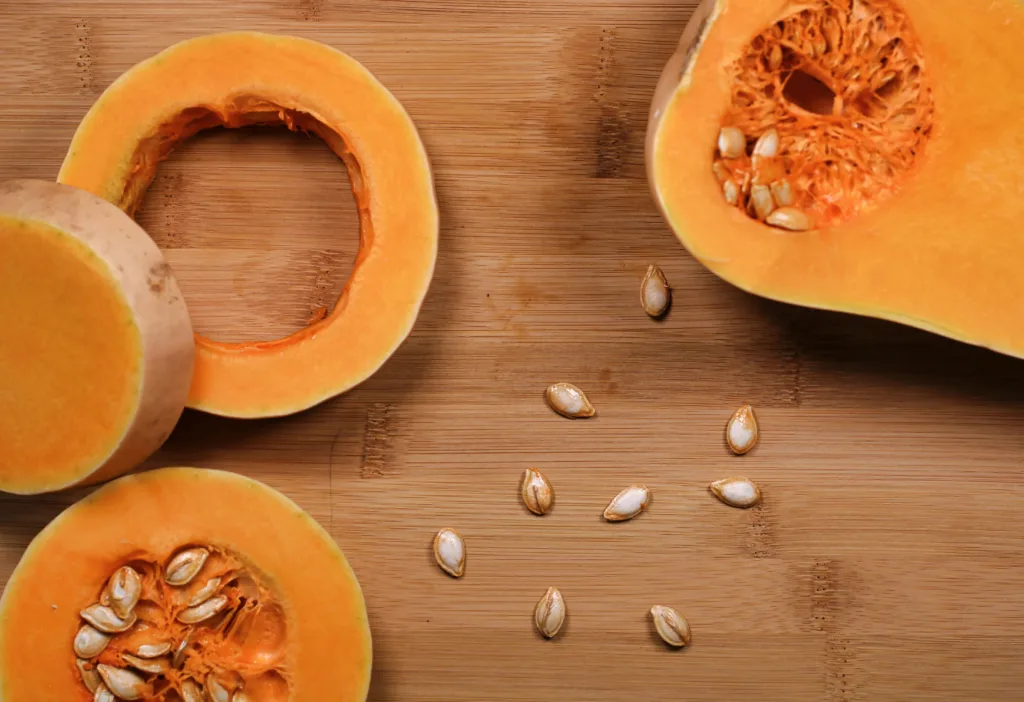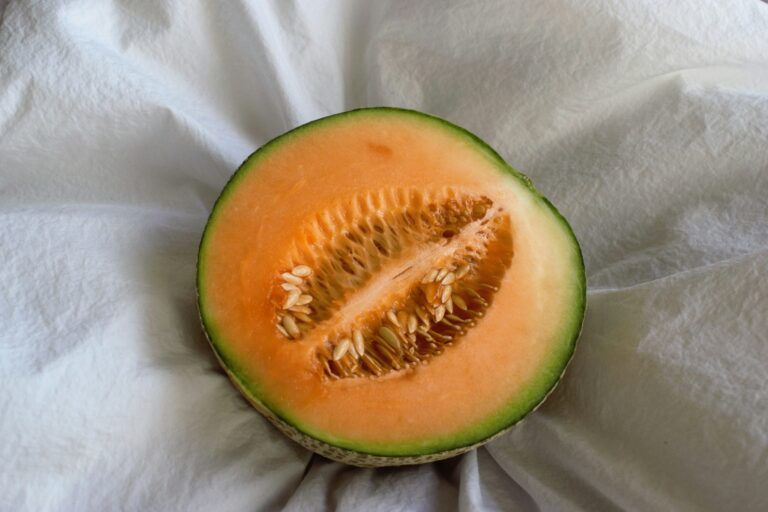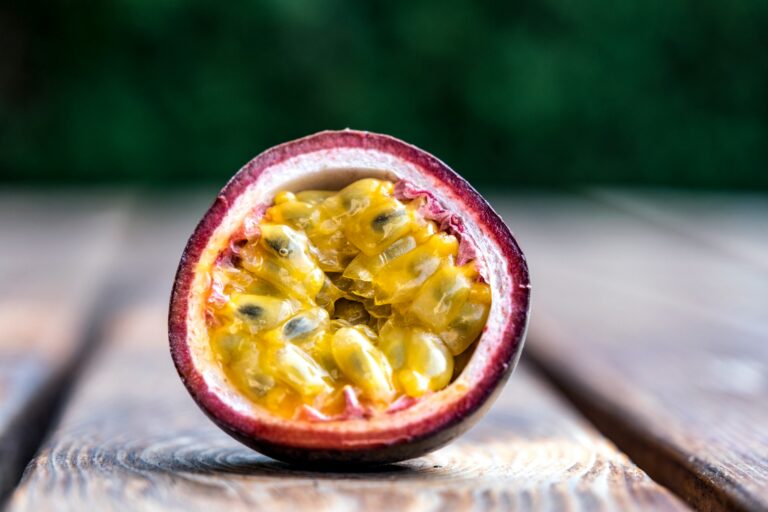The scientific name of butternut is Cucurbita moschata. Butternut is a type of winter squash that grows on a vine. Butternuts belong to the family Cucurbita along with the pumpkins. Butternut trees are usually found on river banks, in lowland forests, and in some drier limestone soils. Butternut is native to the Central and Eastern United States. Butternut is also native to Eastern Canada. Butternut is also called as a White nut. These nuts are edible and economically important. Butternut produces edible nuts in the fall.
Color: Cream or golden yellow color of butternut is found. The pale yellow color on the outside with somewhat orange flesh and sweet.
Size: The average size of butternut squash is around 22 cm long with a weight of 2 kg.
Shape: Butternuts are cylindrical with a bulb-shaped end. Butternuts are ovoid and a bit like miniature footballs.
Flavor: sweet, earthy, and nutty flavor. Butternuts have a flesh, creamy, and rich texture.
Nutrients
Butternuts are beneficial and important for the human body as they are fully packed with nutrients. Butternuts are rich in minerals but their most important source are vitamins and carotenes.
One cup of 100 grams of serving of butternuts contains many essential nutrients which are given below:
- Calorie: 45
- Total fat 0.1 g
- Cholesterol 0 mg
- Sodium 4 mg
- Total carbohydrate 12 g
- Calcium 4% of the daily value
- Vitamin D 0 % of the daily value
- Magnesium 8% of the daily value
- Protein 1 g
- Vitamin C 35% of the daily value
- Iron 10% of the daily value
- Fiber 5 g
- Vitamin B6 10% of the daily value
| How to grow butternut? |
Healthy Benefits of Butternut
Butternut are incredible, beneficial, and easy to enjoy a different recipe. Butternut helps you manage your heart health and butternut is a nutritional powerhouse of essential minerals, antioxidants, and vitamins. It has many culinary uses.
High in antioxidants
Antioxidants help to prevent or slow cellular damage and reduce inflammation, which in return reduces the risk of several chronic diseases. This protection is due to the abundant presence of essential antioxidants like Vitamin A, beta-carotene, and Vitamin C.
Mental illness
Some nutritionists suggest that eating more anti-oxidant-rich food may protect against mental decline. Carotenoid-rich dietary patterns with enhanced memory recall verbal fluency and visual attention are observed. Alzheimer’s disease can be cured or have a protective effect by the higher intake of Vitamin E.
Aids weight loss
Butternut contains both soluble and insoluble fiber. Soluble fiber is important in fat loss and has been shown to reduce appetite. This is important in controlling the appetite when you are trying to control your appetite. Teenagers and children show more obesity risk as compared to those who consume fiber in their diet. A higher fiber diet helps to keep weight off.
Heart disease
Brightly colored vegetables have a powerful effect on the health of the heart. Some vegetables protect heart health by lowering blood pressure, controlling the expression of specific genes related to heart disease, and reducing inflammation.
Cancer risk
Vitamin C and antioxidants show the effect of reducing the risk of cancer. Higher dietary intake of beta-carotene and Vitamin C may reduce the risk of lung cancer. High blood levels of beta carotene lower the risk of mortality including death from cancer.
Prevent Eye disease
Beta-carotene along with other nutrients has a protective effect against eye disease and macular degeneration. Antioxidants help to protect the body against inflammation. Carotenoids help to promote eye and vision health.
Support immune system
Butternut contains carotenoids, and vitamins A and C. These antioxidants fight free radical damage in the body and support the immune system. These antioxidants have the ability to fight off outside invaders.
Side effects of Butternut
In the case of pregnant and breastfeeding, it is likely unsafe to use butternut in large quantities. It might stimulate the bowel too much. If taken in large amounts, it may cause
- Irritation of intestine
- Irritation of stomach
- Diarrhea
FAQ
What is butternut good for?
Butternuts are beneficial and important for the human body as they are fully packed with nutrients. Butternut helps you manage your heart health and butternut is a nutritional powerhouse of essential minerals, antioxidants, and vitamins.






